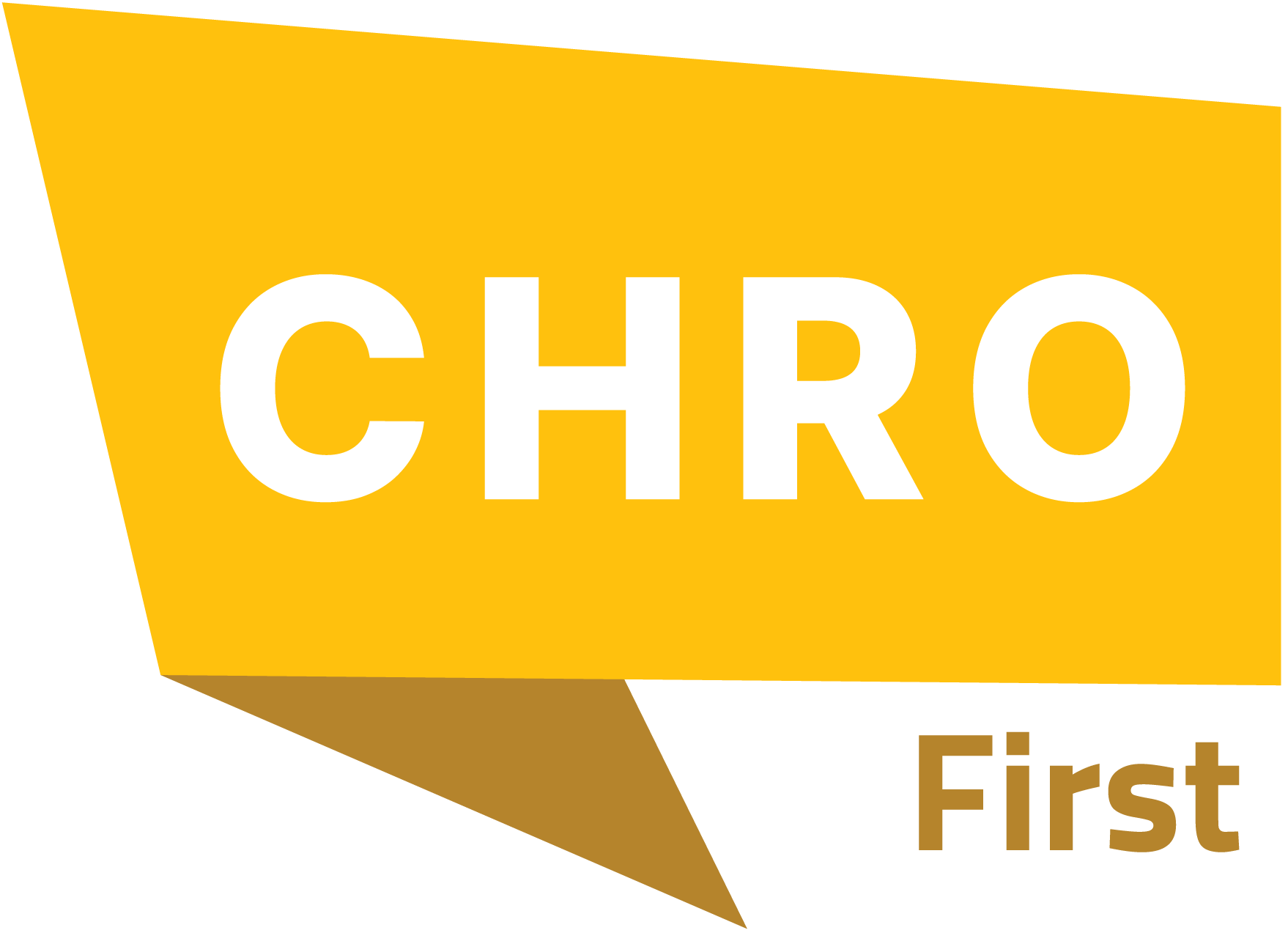Interact announced the latest update to its enterprise employee experience (EX) platform, introducing “agentic AI” capabilities designed to help managers, HR teams and internal communications functions listen, understand and act on employee feedback at scale.
The Autumn 2025 release brings several key features:
Real-time detection of sentiment shifts across internal channels, allowing early-warning of employee mood or engagement issues.
An AI-powered “Recognition” agent that surfaces informal peer-to-peer recognition signals often buried in chat, social spaces or intranet posts.
A “Signal” agent that mines data across multiple sources (surveys, posts, comments, intranet usage) to spot patterns and surface themes for action by HR/communications.
Integration with Microsoft Copilot via Intranet, supporting the employee-experience stack in being more conversational and embedded in the flow of work.
By embedding these capabilities into its EX platform, Interact aims to move internal communications and HR from reactive to proactive modes—the technology doesn’t just wait for surveys to complete, but continuously listens and highlights what needs attention.
Implications for the Employee Experience Industry
- From survey-driven to continuous listening
Traditionally, HR and internal comms have relied on periodic surveys or focus groups. The Interact update signals a shift toward continuous listening: monitoring sentiment, recognition and engagement signals in near-real-time. This means HR teams must build workflows around ongoing insights, not just post-survey reporting.
- Enhanced manager and HR as strategic partners
With AI surfacing signals and recognising patterns, HR and managers can act more strategically—for example, spotting a dip in engagement in a specific team or role before it becomes turnover. The Recognition agent helps build culture by making informal recognition visible. This reinforces the role of HR / internal comms as culture builders rather than only policy enforcers.
- Employee experience as driver of business outcomes
Better listening and more timely intervention should lead to improved engagement, retention, productivity and ultimately business performance. Businesses operating in a tight talent market will view EX platforms that deliver actionable signals as part of the “people-technology” stack, not just support functions.
- Skills, governance and integration become more critical
Deploying agentic AI means HR teams need new capabilities: interpreting AI-driven insights, designing intervention workflows, ensuring data privacy/ethics, and integrating the platform with existing HRIS, comms, intranet and analytics systems. EX vendors must also ensure integration and change-management support for customers.
- Competitive differentiation for employers
In industries where talent is scarce or cost of attrition is high (e.g., technology, healthcare, professional services), offering a proactive EX platform may become a differentiator in employer branding. Organisations that fail to modernise listening and engagement capabilities risk lagging behind.
Also Read: Phenom Launches Advanced Conversational Voice Screening Agent – A Game Changer for Hiring
Effects on Businesses Operating in the HR Ecosystem
For businesses that provide EX, HR-tech or intranet solutions, the release from Interact underscores that the market is evolving fast: simple portals or chat-bots are no longer enough. Agentic AI, real-time signals and integrated workflows are becoming table stakes. As such, vendors may face pressure to add value up the stack.
From the employer side, companies will need to re-evaluate their HR operating models. For example:
How will they respond when the “Signal” agent tells them a team’s engagement is dropping? What workflows, roles or dashboards are in place?
How do they ensure data-privacy, consent and fairness when scanning internal channels for sentiment and recognition?
How will they train managers to act on AI-led insights—spotting micro-signals before they become major issues?
There is also a potential cultural shift: employees may expect their workplace technology to not just deliver tools, but to listen, respond and improve the employee experience continuously. Organisations that adopt such platforms may see higher agility in their people-processes, leading to improved retention, faster internal change, and better alignment between employees, managers and leadership.
Finally, deploying a platform like this can lead to measurable business outcomes: cost savings in HR operations (fewer disengagement-driven problems), lower turnover, improved productivity, and stronger culture. Over time, HR may move from being a service provider to being a strategic “insight-engine”.
Conclusion
Interact’s Autumn 2025 release with agentic AI marks an important evolution in the employee-experience domain. For HR, internal communications and talent-acquisition professionals, continuous listening and proactive insight generation become new imperatives. For businesses at large, having the beating heart of employee experience be real time, AI-driven and connected to action means improved culture, engagement and business resilience. As the competition for talent remains fierce, organisations that adopt such technologies and embed new workflows will be better positioned to manage and scale their human capital effectively.


